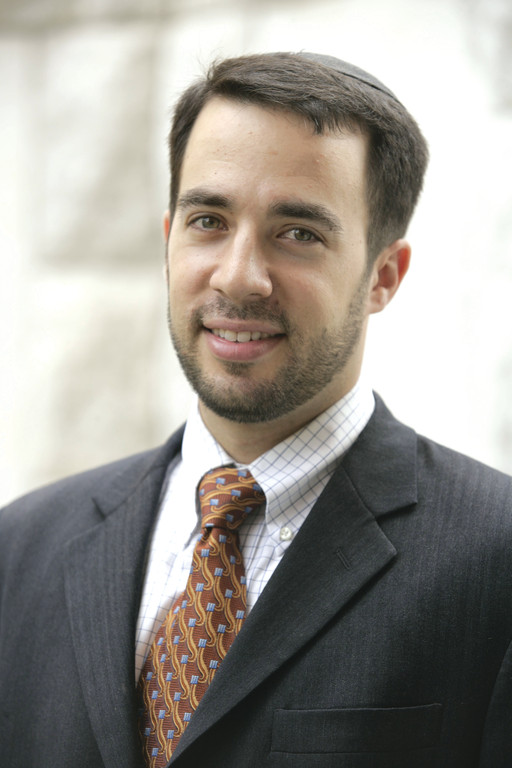Refraining from murder, in broad and narrow sense
A civil society in which life is sacrosanct frowns upon the act of murder. It is a heinous crime to rob another person of life itself. In America, states have different punishments in place for murderers, ranging from prison sentences to a ticket to death row.
And yet, not all acts that bring about death are considered “murder.” Certainly a distinction is made between a car crash or another tragic accident, and a deliberate murder. Even in “crimes” of this nature, the law distinguishes between murder in the first degree, murder in the second degree, manslaughter, involuntary manslaughter, wrongful death, etc. There are other categories as well.
The legal terminology is learned by those who are in the predicament of being charged with the death of another, and the distinctions between the different circumstances has its own basis in the halachic and Biblical terminology. Many commentaries distinguish between r’tzichah (murder) and harigah (killing) or misah/mitah (causing death).
In the Decalogue it is deliberate murder which is forbidden by Lo Tirzach, a commandment which is noted as a principle for humanity in Bereshit 9:6, and is also broken down into specifics in Shmot 21:12-14. In the Shmot example, the first two of the three verses noted refer to a case in which the death happened as the result of a fight (in which injury was the intent) or an accident (perhaps careless), while 21:14 refers to a plot to kill. When there was no plot to kill, Devarim 4:42 and 19:4 speak of the death as a rtzicha, at the same time that the Torah declares the person is to run to an ir miklat (city of refuge). [Rashbam on Shmot 20:13 explains why this term is used here.]

 80.0°,
Partly Cloudy
80.0°,
Partly Cloudy 




